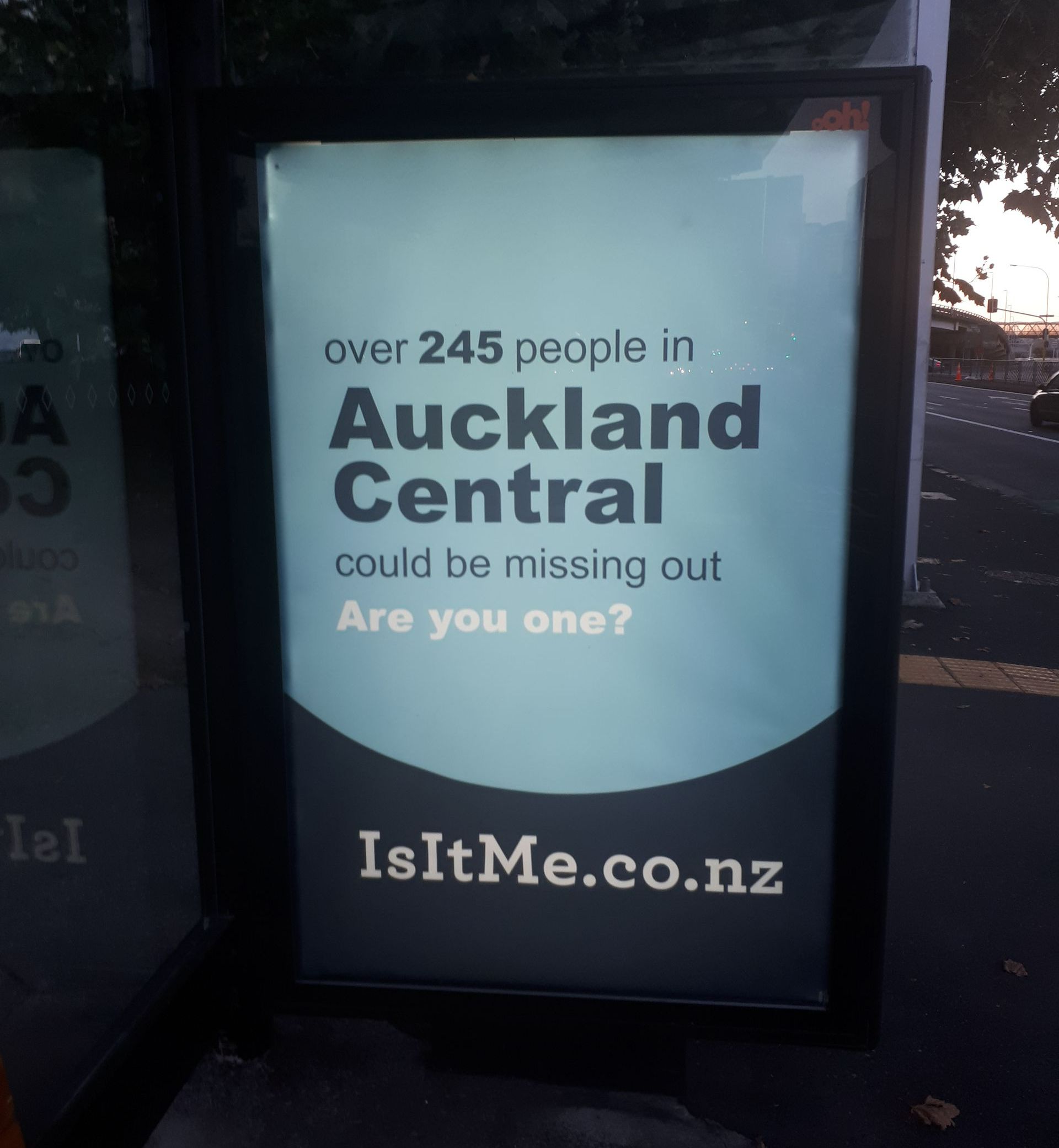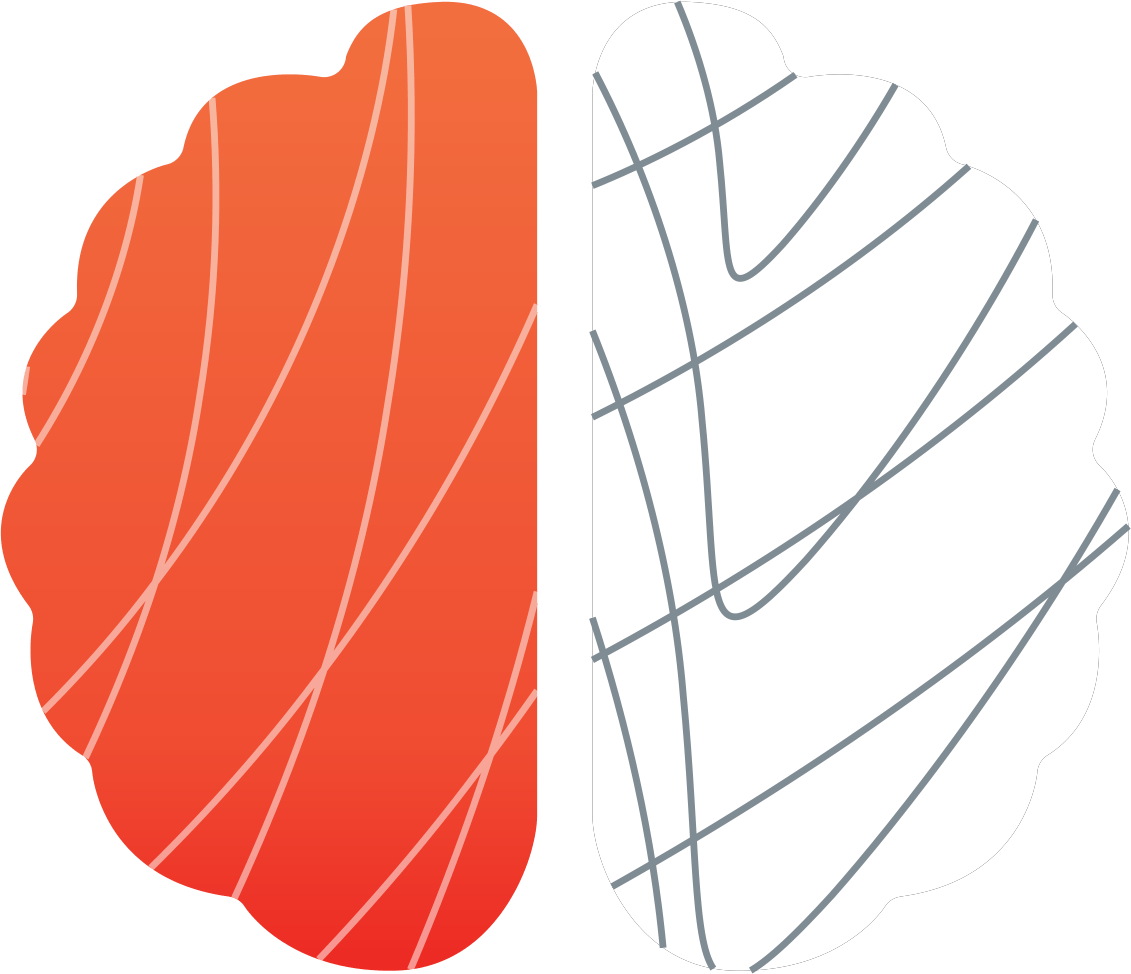We’re in this together – but we’re impacted differently
In amongst stories of panic buying, working from home, and the national fascination with making sour dough, there’s also been another story to Lockdown – inequality. While speaking to participants of The 2020 Vision Project, we heard stories of people finding Lockdown to be a quiet reprieve from normal life – and equally we heard stories of how difficult Lockdown had been.
In our project we heard about the inequality of experience – how for some it was a case of spending time with family and watching Netflix, whereas others had a different, and more stressful experience. In particular we heard of three key challenges that some in our society dealt with:
- The impact on jobs and financial security
- Unequal social support
- Disruption of life plans
Lockdown was a needed break – for those who were still working
“I run my own business which is stressful struggling… it’s been stressful thinking about work because … the stuff that was going to be there this time last year … just won’t be there because people just don’t have the certainty”
We heard some fascinating stories of how people responded to Lockdown – enjoying the break away with their families as they stayed home from school and workplaces. People talked about baking at home with the kids, getting on top of DIY, and bingeing on Netflix.
But there was also the darker side, of people who were worried about lost jobs or lost income. This included people whose hours and/or pay were reduced, those who were prevented from doing jobs requiring them to be physically present (e.g. builders, hospitality), and those who needed carer support to look after kids while they worked. For these people, the government’s wage subsidy scheme was hugely beneficial, but there was always the “What next?”.
Unfortunately, as part of Wave 2, we heard people becoming more aware of those around them losing their jobs – suggesting these stories might become more common.
We all need some support
“I totally agreed with the Level 4 Lockdown. I thought it was the best decision. But certainly … it’s kind of stressful being home with the kids 24/7 … it’s kind of hard not being able to see a lot of my other family as well. Being on my own, I definitely need the support of my mum”
One of the most gratifying themes that came up during Lockdown, was the near unanimous appreciation of those around us. Whether it was family, friends, or work colleagues, it seemed Lockdown made us more aware of how important the people around us are in our lives. They mattered from an emotional level, but also a practical level, to support us during our daily lives.
But while many talked about this in terms of catching up on Zoom calls and Facetime with distant family, others talked about the struggle from not having the usual social support in their daily lives. For example, if you’re a couple that are both working, the lack of day-care to look after children affects your ability to do a day’s work – and this becomes doubly important if you were a solo parent.
Many of the better workplaces have implicitly recognised this point – that not everyone has the same access to social support. Whether that means providing access to childcare, flexible working, or being mindful of issues such as domestic violence and mental health, this experience has demonstrated to many the need to offer empathy.
It’s alright for you – but what’s going to happen to me?
“I’m a little worried about [the future] … am I going to struggle find work after I’ve graduated. Like next year is when I’m supposed to be getting a real adult job. I’m wondering if that option is still going to be available to me”
COVID-19 has disrupted many people’s plans – work plans, weddings, holidays amongst others. And in the scheme of what’s happened around the world, it’d be easy to downplay the impact this has had on people. But that ignores the emotion that is invested in many of these plans, for example the missed overseas wedding.
Two groups of people really stick out as being overly affected in this way – the young and the old.
For some of our younger participants, COVID-19 has impacted the stable career pathways they had in front of them – causing them to question how easy it will be to progress and gain experience in their chosen career. It’s also meant that travel plans – including the big OE – are off the cards for an unknown period of time. Will it reappear?
For some of our older participants, this has similarly impacted their travel and economic plans. The idea of the big cruise during retirement and being able to see those overseas destinations they’d always wanted to visit may be on hold. Similarly – how do they pay for retirement? Investments have taken a hit, and some have questioned what this means for the value of their house.
What does this mean going forward?
COVID-19 has caused massive disruption to everyone in NZ – and in global terms we’ve gotten off easy. But some people have done it harder than others – and will continue to do so. Whether you’re a public or private sector organisation, a bit of empathy and understanding of what different groups of people are dealing with has never been more important.




